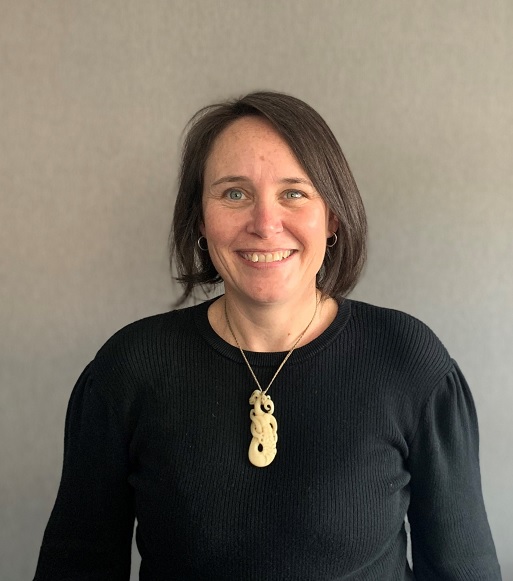 The Royal New Zealand College of General Practitioners supports the 90 percent vaccination rates for each District Health Board (DHB) and would especially like to see the 90 percent target reached in the most vulnerable of our communities.
The Royal New Zealand College of General Practitioners supports the 90 percent vaccination rates for each District Health Board (DHB) and would especially like to see the 90 percent target reached in the most vulnerable of our communities.
Delta is a much more transmissible and deadly variant of COVID-19 and has the potential to devastate Māori and Pasifika communities who have some of the lowest vaccination rates in the country.
Data shows that Māori and Pasifika have greater health needs, increased levels of comorbidities and are often more vulnerable to illness. Improving vaccine equity will go a long way in the prevention of a health system overwhelm if the case numbers continue to rise.
Vaccination rates around the country have dipped since the ‘Super Saturday’ events, which saw over 10,000 Māori receive a first dose of the vaccine. The announcement of a COVID-19 protection framework coming into force once these DHB targets are met, is a clear reminder about the importance of vaccination if we want to return to a new normal with more freedoms.
Dr Rachel Mackie (pictured right), Chair of Te Akoranga a Māui, the College’s Māori special representative group says, “This additional funding will go a long way in supporting Māori and iwi health providers to adopt community and whānau-based approaches to vaccination allows resources to be focused on those who are yet to be vaccinated and who are most at risk of COVID-19.
“These health providers are well-known and highly trusted within their communities. Whanaungatanga is key to providing those who may still be unsure about the vaccine, the assurance and the support they need to take the step and receive their first dose.”
College President Dr Samantha Murton says, “The College has supported calls for priority vaccines for Māori and Pasifika communities, because the effects of COVID-19 for this group will be more damaging than for others.
“GPs right across the country will continue to play a crucial role in boosting the vaccination rates among Māori and Pasifika patients and work alongside Hauora Māori providers to hit those 90 percent targets."